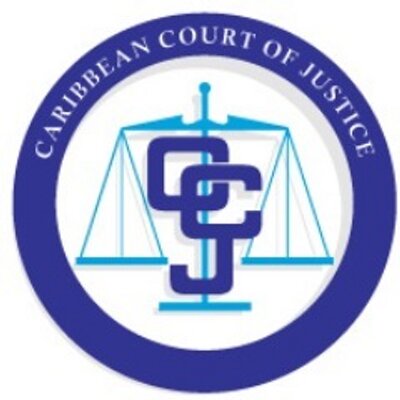Marcus Bisram has officially filed an appeal with the Caribbean Court of Justice (CCJ) challenging the recent ruling of the Guyana Court of Appeal that he be committed to stand trial for murder.
Bisram who had been charged for the 2016 murder of Berbice resident, carpenter Faiyaz Narinedatt, has over the years continuously challenged the indictment levelled against him.
In his latest challenge before the Trinidad-based CCJ—Guyana’s court of last resort—Bisram is arguing that the Director of Public Prosecutions’ (DPP) directive, ordering that he be committed to stand trial, is unlawful.
He contends as being unlawful, Section 72 of the Criminal Law (Procedure) Act which empowers the DPP to order a murder accused be committed to stand trial, even though a magistrate at the conclusion of a preliminary inquiry (PI) has found no prima facie case.
Following a PI at which he was discharged by a magistrate, Bisram was rearrested on direction of the DPP who invoked her powers under Section 72, ordering that he be committed to face trial before a judge and jury.
High Court judge Simone Morris-Ramlall would, however, later rule in his favour, quashing the committal order.
DPP Shalimar Ali-Hack, however, appealed that ruling which the Court of Appeal on May 30th, overturned; the effect of which would have paved the way for Bisram to be taken back into custody to await trial.
He, however, successfully petitioned the CCJ for a stay of the judgment of the local appellate court. That stay remains in effect until the regional court would have fully dispensed with the appeal.
In his notice of appeal, Bisram (the Appellant), is contending among other things that the Guyana Court of Appeal erred in law in finding that the procedure set out in Section 72 must be strictly followed because it is valid and lawful.
Bisram’s argument has been that the DPP’s directive, conflicts with provisions of the Constitution.
Ali-Hack’s argument has been, however, that her directive was proper, reasonable and lawful; noting that Section 72 (2) (i) and (ii) (a) and (b) empowers her to order a magistrate to re-open a PI and commit an accused for trial.
Section 72 (2) (i) and (ii) (a) and (b) empowers the DPP to order a Magistrate to re-open a PI and commit an accused for trial.
The local appellate court had found favour with the DPP’s arguments.
Attorneys, Darshan Ramdhani QC and Arudranauth Gossai have argued on behalf Bisram, however, that that particular section was unconstitutional in view of Article 122 A (1) and had asked the appellate court to declare it repealed by Act No. 6 of 2001 enacted as Article 122 A (1).
Article 122 A provides, “all Courts and all persons presiding over the courts shall exercise their functions independently of the control and direction of any other person or authority; and shall be free and independent from political, executive and any other form of direction and control.”
Bisram goes on to argue that the Court of Appeal erred in concluding that there was sufficient evidence against him and that the credibility of a single witness was still a matter for the jury, though that witness had recanted as being untrue their testimony, which Bisram contends was the only evidence against him.
The Appellant advances, too, that the Court of Appeal erred in failing to recognise that as a court in judicial review proceedings, it was duty bound to assess and determine whether the magistrate’s decision, and equally the decision of the High Court were reasonable and rational when each ruled that the evidence against him was insufficient for a trial.
Additionally, he said that the Court of Appeal equally erred in failing to recognise that it had a duty to assess and determine whether the DPP’s decision was reasonable and rational.
On this point he argued that the testimony which was discredited by the witness, is the same being used by the DPP to have him tried.
Bisram is asking the CCJ to reverse and/or set aside the order and judgment of the Court of Appeal and to declare Section 72 unconstitutional in view of Article 122 A (1) of the Constitution.
In the alternative, he is hoping that the CCJ would declare Section 72 repealed. He also wants court costs.
A year ago Bisram was extradited from the US to face the capital charge.
It had been alleged that between October 31st, and November 1st, 2016, at Number 70 Village, Corentyne, Bisram counselled, procured and commanded Harri Paul Parsram, Radesh Motie, Niran Yacoob, Diodath Datt and Orlando Dickie to murder Narinedatt.






